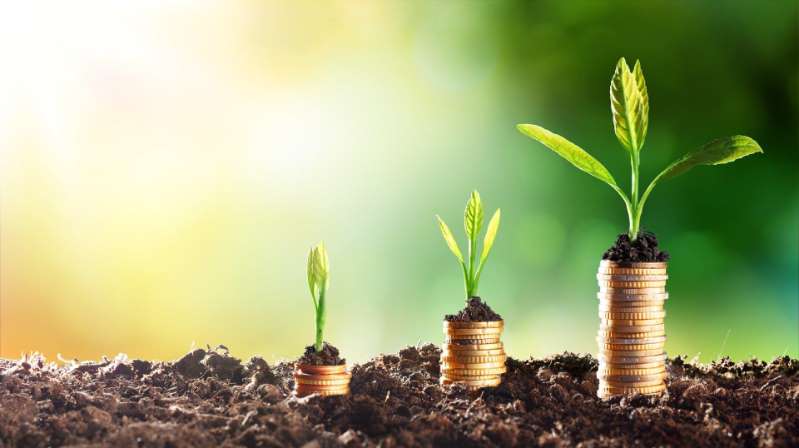From Wednesday 10.3. Financial products must be rated in three grades across the EU with regard to their sustainability.

Icon image.
Wednesday 10.3. the EU Disclosure Regulation comes into force. This means that from this point on, all financial products, such as funds or life insurance, are evaluated in a three-stage system with regard to their sustainability. From the beginning of 2022, providers will even have to actively ask customers whether they want sustainable financial products.
“Sustainability is the order of the day,” says Hannes Dolzer, chairman of the financial services association in the Chamber of Commerce (WKO). The interest in corresponding investment opportunities has “increased significantly” and this trend should be strengthened by the new regulation. Around a third of customers would already accept lower returns for sustainability.
Color scheme
Conventional investments without taking sustainability criteria into account are therefore considered “gray”. “Light green” are financial products with a mandatory sustainability strategy. The highest level, “dark green”, denotes financial products with a measurable impact.
There is currently only a “narrow range of investments” in this category, according to Martin Kwauka, financial advisor and initiator of the financial journalists' forum. However, the mandatory labeling could lead to an expansion. Sustainability does not only refer to environmental protection, but also to social criteria such as promoting cohesion and integration or combating inequality.
However, the regulation has a horse: So far, there are no clear international standards for assessment. The providers not only have to categorize their financial products themselves, they also have to justify them. It is therefore to be feared that different standards will be applied across the European market. In Austria it has not yet been determined which institution will control this division into the three categories.
background
The European Green Deal, which is supposed to make the EU climate neutral by 2050, requires massive investments. According to a study by Goldman Sachs, 10,000 billion euros will be needed over the next 3 decades.
Since the EU states cannot do this on their own, money flows from private investors are to be diverted towards sustainability.

